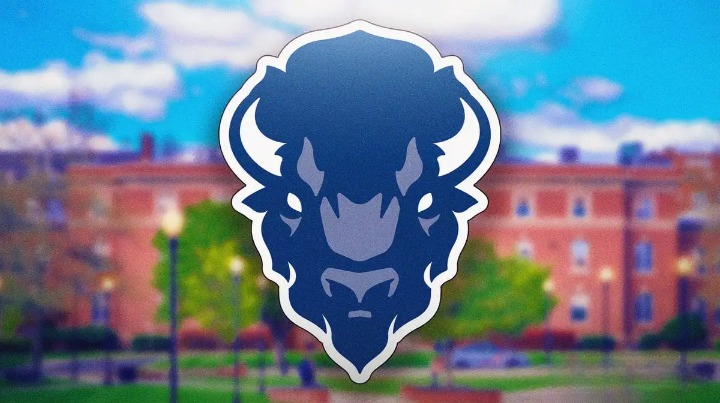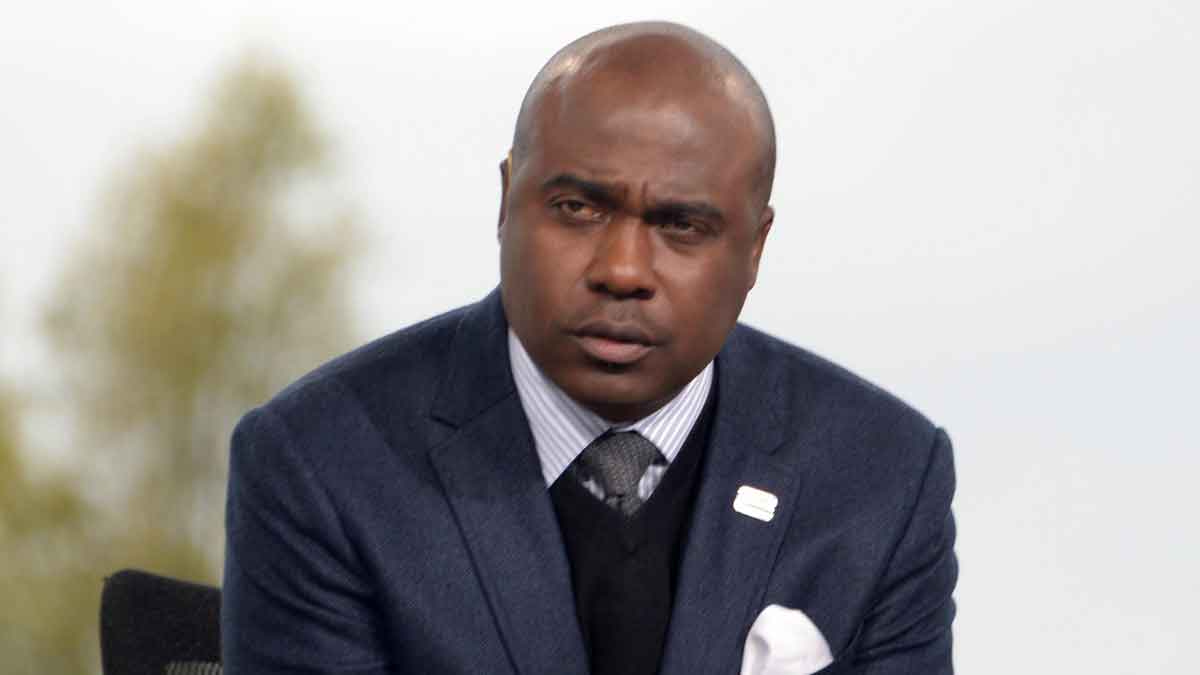Howard University is one step closer to achieving Research-1. Howard will have greater access to research money as well as recruiting top-tier professors due to its R-1 status. The university will officially be granted R-1 status this upcoming spring.
New Carnegie Classification criteria have made the path to R-1 status easier to achieve. To be eligible for R-1 status, colleges must grant at least 70 PhD degrees each year and spend at least $50 million on research, according to the new rules. Howard University has already surpassed these standards, putting it in a good position to receive the honor.
Howard has held R-1 status once before, but stricter requirements caused them to lose it in 2005. They were able to regain the distinction because the American Council on Education has simplified these standards.
In addition to being a significant accomplishment for Howard, this accomplishment is advancement for HBCUs across the country. The structural obstacles that have traditionally prevented HBCUs from achieving this status must be acknowledged. Unfair financing and resource allocation resulted from barriers based on Jim Crow laws that benefited primarily white institutions.
“It’s just one of the ways that HBCUs, even though they’re fighting and they’re doing all of the work that they can in order to build out these research programs, are still being discriminated against by states,” Adam Harris, author of The State Must Provide, told the Chronicle of Higher Education.
Howard University's University Affiliated Research Center is spearheading attempts to create an HBCU alliance in addition to pursuing R-1 status. As part of this effort, the Air Force has a $90 million research contract to pursue research on tactical autonomy.
Howard University was founded on March 2, 1867, in Washington, D.C. It is a private research university made up of 14 schools and colleges with over 140 programs of study for students to choose from. Howard ranks among the highest producers of the nation's Black professionals in medicine, dentistry, pharmacy, engineering, nursing, architecture, religion, law, music, social work, and education.




















